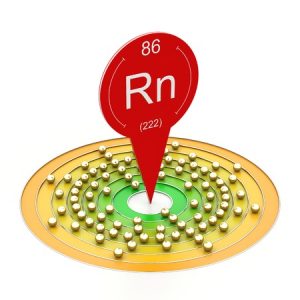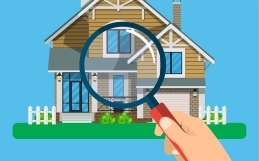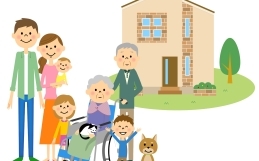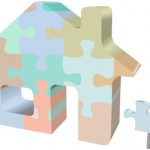 Radon. The word even sounds a little ominous. But is this really yet another thing we all need to lose sleep over? Not necessarily.
Radon. The word even sounds a little ominous. But is this really yet another thing we all need to lose sleep over? Not necessarily.
Radon is a naturally-occurring radioactive gas produced by the breakdown of uranium in soil, rocks, and water. It’s such a common substance that it is considered to be present in all Ontario homes, and most of this scary-sounding gas typically dissipates after being released into the atmosphere. As a result of that dissipation, Radon poses little health risk to people – generally speaking.
However, in some cases, radon can accumulate inside a home. This is where a health threat is presumed – most namely with a link to lung cancer.
Radon becomes an issue when it enters a home and “lingers,” so to speak. It enters in a variety of ways – through cracks in the foundation, floor drains, sump pumps, and so forth. Levels are going to vary quite significantly due to a number of factors, including soil conditions and the amount of bedrock in the region.
How to Detect Radon
Radon is an odourless, colourless, tasteless gas. As a Buyer or home owner, you wouldn’t be aware of its presence in a home – even at unhealthy levels. So, if you are concerned about it, you should test for it. Some home improvement stores sell DIY testing kits, and Radon measurement professionals and/or home inspectors will also be able to handle the testing for you.
In most cases, elevated levels of Radon can be addressed fairly simply and without huge expense – sealing exposed areas, adding an HRV, and so forth.
I have some personal experience with Radon. The first home I bought was in the Chicago area, during my 10-year jaunt to the United States. There, testing for this gas was commonplace. The home I bought had been vacant for a number of years, and it failed the test. Because of the lack of windows and doors opening, or even a furnace fan running on a regular basis, the gasses had accumulated over the years. The Radon levels were fairly easily explained due to the vacancy of the home, and we re-tested after some number of months of normal living there. The level was back down to within a normal range and, honestly, I never gave it another thought.
While testing for and remediating Radon are not new concepts elsewhere, both are still in the early stages of becoming part and parcel of the home buying process in Ontario. These tests now are rare; in fact, I’ve never had a Buyer do a test for it as part of the purchasing process. That being said, I am starting to get asked more and more about Radon, so it’s obviously becoming a household word, slowly but surely.
Part of me rolls my eye and says… here we go again with yet another thing to test for and worry about. But, as the second-highest cause of lung cancer in Canada, Radon does rank as a legitimate health consideration. I believe it’s only a matter of time until testing becomes fairly routine. It’s the kind of thing a Home Seller might consider testing for, prior to listing a home. Positive results could be provided to prospective Buyers, similar to a pre-sale home inspection report. Or, Buyer’s Agents may start requesting these tests as routinely as a general home inspection (or as part of the inspection.) This is common in other regions, as my own experience indicates. Presumably, as soon as it becomes a house insurance question, the need to test will become mainstream. That, too, is probably just a matter of time.
Don’t panic about Radon, but learn about it. Be aware of it and consider it down the road. As a Seller, could you start to see offers show up with testing clauses? Yep. Only a matter of time. So, let’s get ahead of the curve and learn about this substance.







